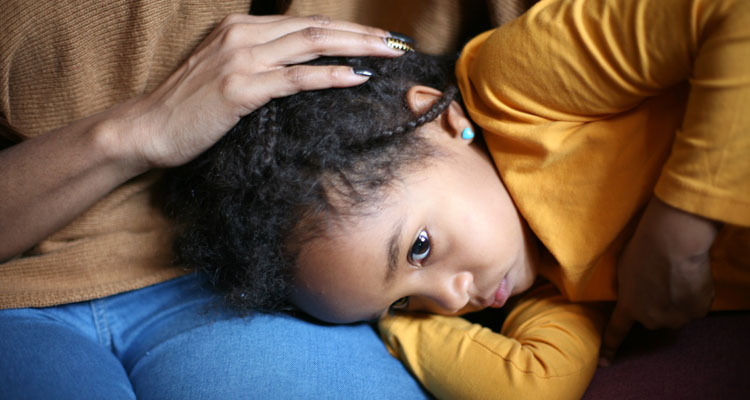Schools are institutions of learning—and breeding grounds for germs. If your child is exhibiting symptoms of illness, a doctor’s visit can help you decide if you should allow him or her to stay home from school. However, heading to the doctor for every cough, sneeze, ache, and pain isn’t feasible—or necessary.
Signs Your Child Should Stay Home from School
Children’s Hospital of Philadelphia (CHOP) recommends parents keep children home from school if they exhibit any of the following symptoms.
- Nausea or vomiting
- Fever in the past 24 hours
- Severe diarrhea
- Sharp and persistent abdominal pains
- Lack of appetite
- Lethargy
Additionally, CHOP physicians say that if your child had a restless night or simply doesn’t seem like herself, give her a pass. Keeping children home from school (attended) won’t harm them. Sending children to school when ill could make them feel worse and could infect teachers or other kids.
While you don’t necessarily need to take your child to the doctor if you keep him home from school, it might help to call your doctor’s office and ask for a nurse to call you back if you’re concerned. Explain your child’s symptoms so the nurse can advise you if a doctor’s visit is needed.
If it isn’t, the nurse can instruct you on best how to care for your child at home (and what changes in her condition may necessitate a doctor’s visit). Monitor her symptoms, keep her comfortable, and take satisfaction in knowing you’ve made a responsible decision that could prevent others from becoming ill.
Additionally, if your child has been diagnosed with strep throat, flu, pink eye (conjunctivitis), chicken pox, pertussis or another communicable disease, keep your child home until a doctor clears her to return to school.
Common Cold, Flu, or Seasonal Allergies: What’s the Difference?
Many symptoms of cold, flu, and allergies overlap. According to Nicklaus Children’s Hospital in Miami, there are clues to help you identify which of these ailments your child is likely suffering from.
- It’s probably a cold if: Your child has a stuffy or runny nose, sneezing, sore throat, cough, and headache, accompanied by no or low fever.
- Consider allergies if: Your child has any of the aforementioned symptoms without fever and also has itchy, watery eyes; dark under-eye circles; decreased sense of taste or smell; frequent need to clear her throat; and/or wheezing. Many allergy-prone children have a crease above the upper tip of their nose caused by repeatedly wiping their itchy nose in an upward direction.
- Suspect flu if: Your child’s symptoms are unusually intense and are accompanied by high fever, chills, muscle or body aches, fatigue, and/or headaches. Peak flu season timing varies annually, but for the past 34 years, flu season has peaked most often in February, followed by December, March, and January, respectively.
Beyond the Symptoms: Other Factors to Consider
Even if your child doesn’t exhibit any of the symptoms that necessitate staying home from school, you may still want to keep him home in certain cases. If your child is so uncomfortable, tired, or distracted that he won’t be able to concentrate in the classroom, his time may be better spent resting and recuperating at home.
Sending your child to school with a painful ear infection, for example, won’t benefit anyone. And there’s a strong possibility you’ll get a phone call from the school nurse and end up picking him up early.




































